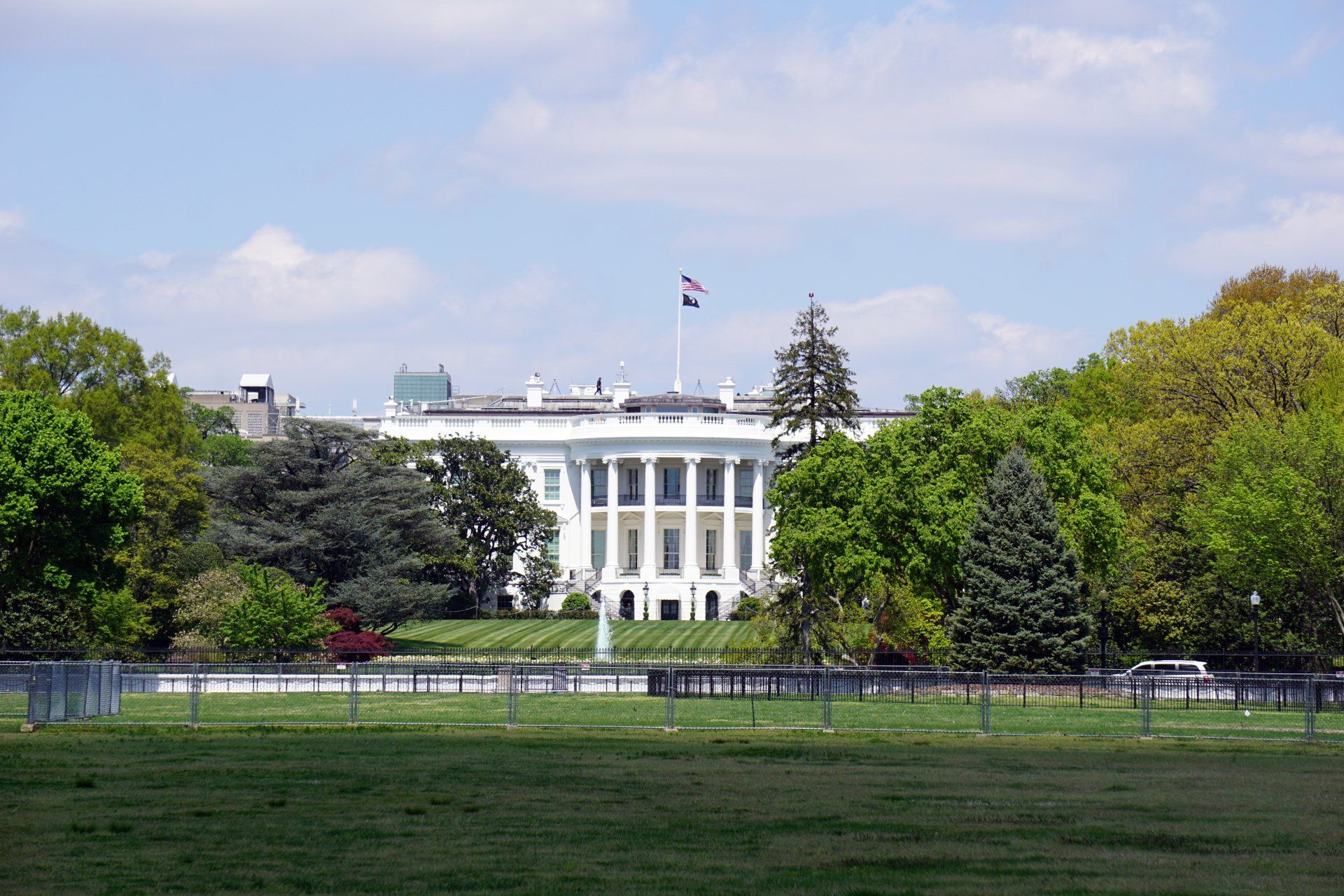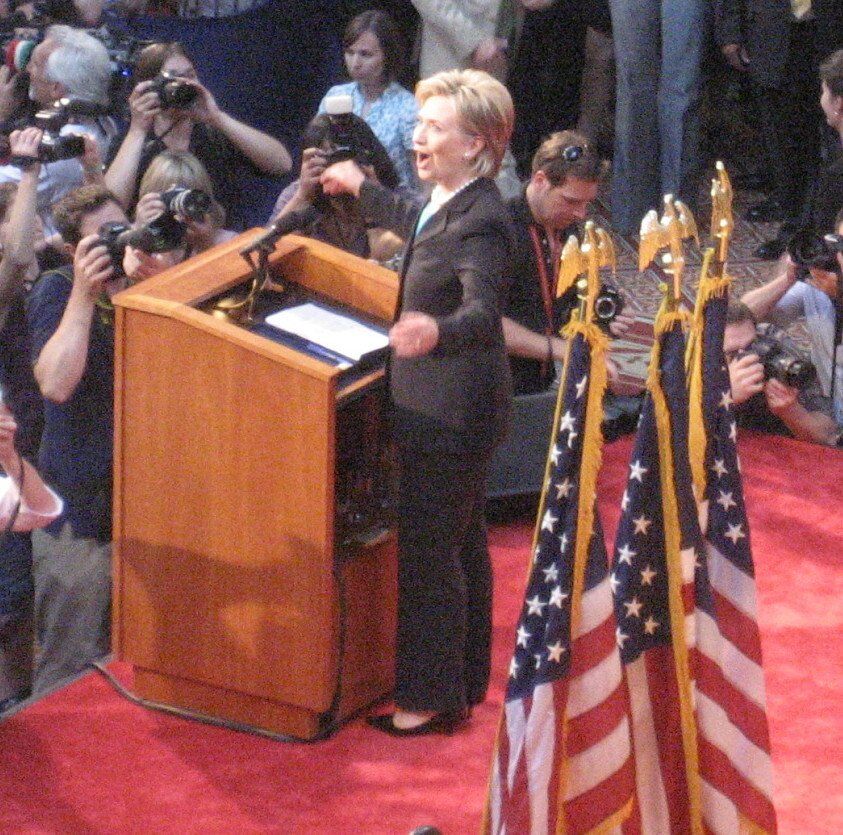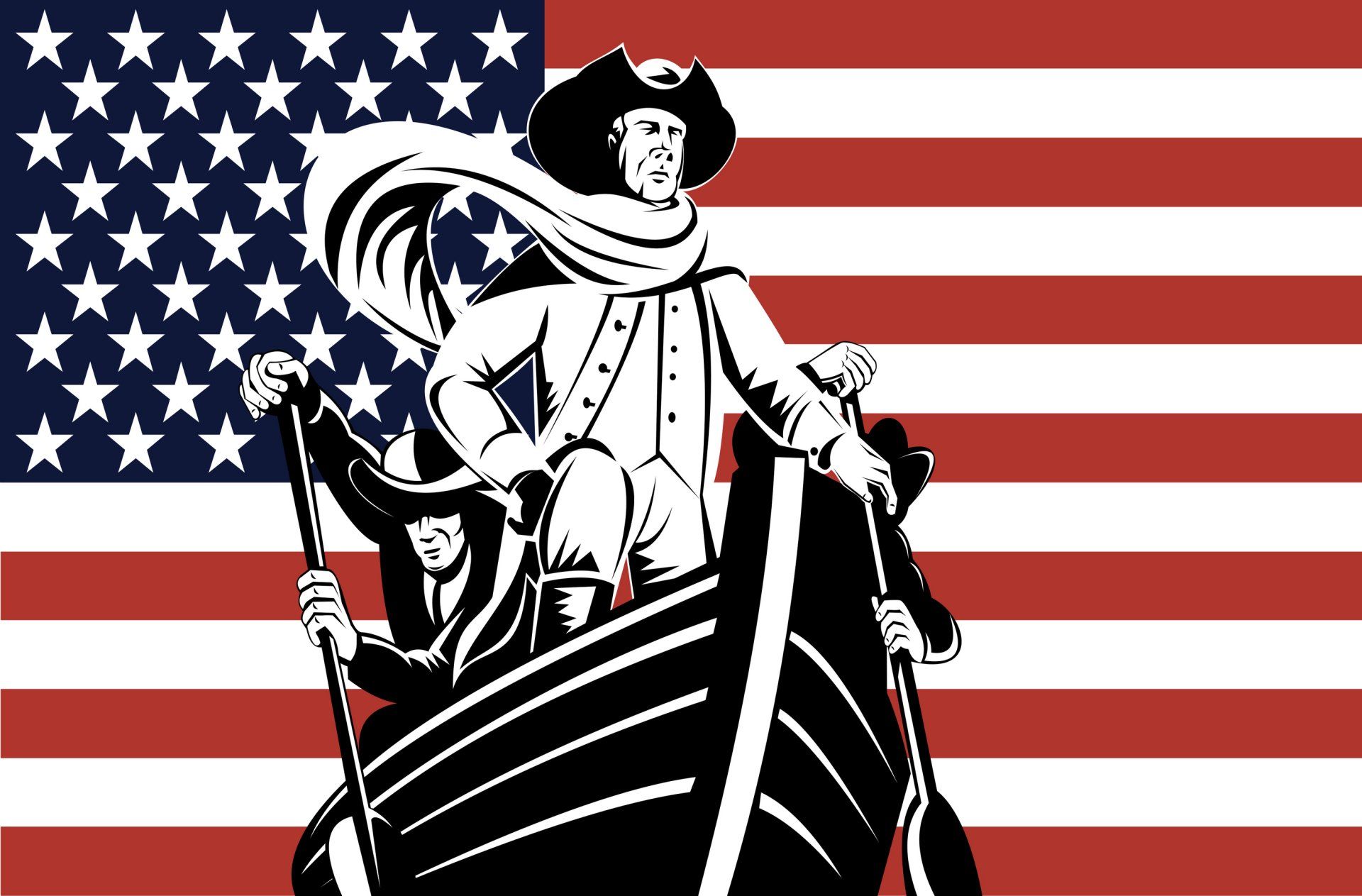Blog

By Lois Larkey
•
June 22, 2021
January 20. 2021 Three Wednesdays - the first, shocking, the second, historic, the third, the moment we decide who we are and what we want our country to be. It has taken me days to process the last three weeks, and I may not fully understand all the threads for a long time, months, possibly years. All my assumptions about democracy were smashed in one afternoon of hatred, violence and destruction. Trying to achieve perspective on something three weeks old is not easy. What is clear is that this anger, hatred and disconnect is much more widespread and more deep-seated than many of us knew. Those anti-democratic ideas were gleaned from the internet, and feelings of "us" and "them" waiting to be acknowledged and encouraged as it did on January 6th by the President of the United States, whose anger incited them to an insurrection and possibly a coup.. The city is a fortress, kept safe by 25,000 troops. Even 20, I and others are nervous about how the Inauguration is going to be secure. Last night was a good indication of calm and a certain serenity, as the country was invited to pay tribute to the more than 400,000 people who were lost to Covid were honored. The tribute was simple and elegant and went off without a hitch. The country was beginning to breathe easier. Moreover, the fact that Twitter banned Donald Trump forever was a blessing. Our phones were quiet. We heard nothing from him, and calm was beginning to settle over us. Joe Biden and Kamala Harris wanted to bring stability to the country, and it was such a relief. My first inauguration was in 1960, when John F. Kennedy was sworn in as President. His soaring speech captivated me, and I was hooked forever. I never missed an inauguration, no mater who the president was going to be. And that is the point of "peaceful transfer of power." I wanted Al Gore to be president, but when it was decided for Bush, he was now in charge of the country and the Constitution. I worked for Hubert Humphrey in Washington, and was devastated when he lost. Getting behind Nicxon was difficult, because I knew that he was not a good person, since our offices were bugged. Getting behind Trump was next to impossible, because his campaign was so crass and Hillary won by three million votes. That was truly a tragedy, and became more so as the Trump years unfolded. Our lives and our country would be so different with Hillary Clinton at the helm. But the day is starting. Trump leaves and goes to Florida. Joe Biden comes and goes to church, having invited Republicans to join him. There is a nice bipartisan feeling about the day. Joe Biden was a son of the Senate for decades. Guests are arriving on the balcony where the event will take place, and it is great fun to see the Obamas, the Clintons, and the Bushes arrive and greet one another warmly. It's good that Donald Trump decided not to attend, but unfortunate that he couldn't extend a word and a hand to change the substance of his supposed loss. He needed to acknowledge that Joe Biden won in a fair election, and unfortunately, Trump, the sore loser, would never do that. Everyone is sitting socially distant and wearing masks. There is a celebratory mood that is joyful. Vice President Pence came, rather than going to see the outgoing president leave. The presenting of the colors always leaves me breathless. It is beautiful, and the program begins. I can't help but wonder what everyone is thinking. After all, the Capitol is now scrubbed and gleaming, but just two weeks earlier there was blood in the same place that everyone is setting. The members of the House and the Senate must be running through the events of that day, and feeling grateful to be alive. They were just minutes away from being killed by that angry mob, incited by Trump. The Capitol policeman who saved the Senate has been promoted and will be receiving the Congressional Medal. He is introduced, and he is in charge of Vice-President Harris and her husband, the Second Gentleman, Doug Emhoff. The prayers are meaningful. Vice President Harris, the first woman, first black and first Asian, is sworn in by the first Latino Justice, Sonia Sotomayor. It is a breathtaking day with so many firsts. I am crying with joy and relief. It's been a very horrible five years. Lady Gaga, gorgeous in a long, flowing reddish satin skirt, sings the National Anthem, and I am crying again because it is so exquisite. J Lo sings "This Land is your Land," and she is beautiful in all-white. Still more tears. Tim McGraw sings and asked the entire group to sing the third verse with him. Joe Biden is sworn in by Chief Justice John Roberts, an historical moment. President Biden gives a wonderful speech. He is not a soaring speaker, but the speech is actually one of the best because it is so honest. It acknowledges difficult times, asks for unity many times, mentions white supremacy and all the things that must be overcome. It is very clear in his speech that Biden has major problems to handle, the first of which is the Covid-19. The Inaugural Poet, Amanda Gorman, is next. Only 22 years old, she is exquisite. Her delivery, combined with graceful hand motions, is the most beautiful and relevant. She wrote it the night of the insurrection, and it refers to our problems that can still be overcome, if we do it together. I came across Amanda when she was the Youth Poet, only sixteen years old, and I have seen her interviewed many times. She had a speech impediment, and overcame it by saying her poetry aloud, much as Joe Biden and the young man who Biden mentors does. Amanda was raised by a single mother, went to Harvard and has ambitions to one day be president. I have no doubt that she will succeed. Many of the guests at the inauguration had never heard her, and by the looks on their faces, they are spellbound. It is a powerful poem. She bows her head as she finishes, guests clap and Amanda takes her seat. After another prayer, the colors are retired and the guests of honor leave the podium. In every way, this Inauguration has been extraordinary. America has come back from a dreadful event, and she has shown that we value our democracy and the Constitution. I am grateful for a beautiful day, and now Joe Biden will be getting to work. God bless America!

By Lois Larkey
•
June 22, 2021
November 28, 2020 Losing a hard fought campaign is difficult, painful really. What the loser says and does afterward tells us a great deal about that person's character. There is actually nothing in the Constitution that calls for a concession speech on the part of a losing candidate. Watching the clips of all the wonderful presidential candidates who lost the election makes me proud, and also sad. Each concession speech is a window into the soul and the patriotism of the person conceding. In 1860, Stephen Douglas congratulated Abraham Lincoln on his victory. Of course, the "victory" was going to presage the single most divisive event in our history. With the election of Lincoln, the southern states knew that he would abolish slavery. They seceded from the Union and formed the Confederacy. What followed was the Civil War, the most bitter and bloody war ever fought within our boundaries. For those citizens who think that we are divided beyond repair, remember the Civil War. While there is no legal or constitutional requirement that the loser of a U.S. presidential election must concede, it began as a simple courtesy. After the election of 1896, William Jennings Bryan sent a telegram to his opponent, William McKinley, two days after the election. It read: "Senator Jones has just informed me that the returns indicate your election, and I hasten to extend my congratulations. We have submitted the issue to the American people and their will is law." Those two sentences are considered to be the first public concession in U.S. presidential politics. The tradition has continued in some form or another, in every election since. Until now. Al Smith gave the first radio concession in 1928, after losing to Herbert Hoover. In 1940, moviegoers watched Wendell Willkie concede to Franklin D. Roosevelt in a newsreel. After losing in 1952, Adlai Stevenson gave his concession to Dwight Eisenhower. Over the past 120 years, there have been 32 concession speeches. There's actually a roadmap, a template if you will, that candidates follow for the speech they hoped they'd never have to give. The statement of defeat- although they never use the word "defeat." The candidate acknowledges the opponent's victory and congratulates the opponent. The call to unite-in a show of bipartisanship, the candidate expresses support for the former opponent and calls for unity on all sides. In 1960, Richard Nixon sent this message to John F. Kennedy, the first Catholic president. "I have great faith that our people, Republicans, Democrats alike, will unite behind our next president." The celebration of democracy-The candidate reflects on the power if our democratic system. In 2016, Hillary Clinton said, "our constitutional democracy enshrines the peaceful transfer of power. We don't just respect that. We cherish it," when she conceded to Donald Trump, having received three million more votes, but not the prescribed amount in the Electoral College. The vow to continue the fight-The loser speaks about the important of the issues raised in the campaign and the policies the party stands for. The concession I know best is that of Hubert Humphrey. In 1968, I volunteered for Hubert in Washington, D.C., when he was running against Richard Nixon. My husband was drafted out of Rutgers Law School and sent to the Pentagon. I finished my teaching job in Summit, and moved to Alexandria, Virginia.1968 was the most volatile year I remember.Volunteering for Humphrey, I worked for a man named Ofield Dukes, Hubert's press man, and the only black member of his staff. There was serious division over the Vietnam War- a huge generational divide, and much more. It was a dangerous time to be alone in the city, and there was violence at the Chicago convention, which I did not attend. On election night I an my friends, Trish and George Vradenberg, stayed up all night watching the returns. In defeat, Humphrey sent Nixon a telegram: "Please know that you have my support in leading this nation. This has been a difficult year for the American people. I am confident that constructive leaders from both parties will join together now, and we shall be able to go on to the business of building the America we all seek in the spirit of peace and harmony. The democratic process has worked its will. Now we need to get on with the business of uniting the country." Of course, the rest is history. As we suspected, Nixon was a crook, and would stop at nothing to advance his cause. All the people around him went to jail, including his Attorney General and closest advisors. When the tapes that Nixon made were released, we all learned a great deal about his biases and crass, competitive opinion of his competitors. In that vein, language matters. Robert Dole, in his concession speech, indicated that the winner was his "opponent," not his "enemy," a very important distinction. The most important concept is that once the decision is made, we unite behind the man who has been elected. "Partisan feeling must yield to patriotism." One of the most gracious and moving concession speeches was given by Al Gore, who lost after 35 days of chaos, a recount, and one vote of the Supreme Court. it was generally accepted that he had received more votes than George W. Bush. Gore said, "This is America. We close ranks when the decision is made" Another incredibly gracious concession speech was that of Senator John McCain. He acknowledged the historic nature of America electing its first African-American president. He paid tribute to the campaign of the Barack Obama, and to the people who raised him. McCain said that he loves America first, and that will always be Even though there are common threads throughout all of these concession speeches, it took me way longer than I anticipated to write this blog. I listened to all the videos, and was so moved by the candidate's love of country, commitment to unity and the dignity with which each person spoke. I found myself feeling very emotional and wiping away tears when I considered the depth of feeling of each person. Writing their phrases does no justice to the actual speeches. I strongly suggest that you google "concession speeches," and listen to the real thing. You are in for a treat. In this difficult and dystopian period, you will be inspired by the patriots who have served our country -whether they won or lost an election-over the last many years. Hopefully, we will be returning to those feelings in the new administration, which is filled with lifelong civil servants. Similarly, in 1992, when George H.W. Bush lost after only one term, he said, "America must always come first We will get behind this new president.

By Lois Larkey
•
June 22, 2021
September 21, 2020 If you are worried about the situation in the country, concerned about the election, and despondent that Ruth Bader Ginsburg just died, take a moment to consider other historic times in our country when events seemed desperate. Looking back at the beginning of the country, remember that the founding fathers broke their ties with the mother country, and had absolutely no idea if their bold gamble would succeed. Many times the life of the new country was in doubt. There were thirteen diverse colonies with many individual needs and fears. One such fear was whether the new government would have a king or not. The Constitution solved that problem by creating the three branches of government. When the people were afraid there were no personal rights guaranteed, the founding fathers added the Bill of Rights and the Constitution passed. Fast forward to the 1860s and the division over slavery, completely splitting the country in half and leading to the bitter Civil War. It wasn't clear that the country would ever survive a subject that even divided families, yet we did, and the country was brought together under Abraham Lincoln, even though many southerners hated the Emancipation Proclamation. The next century brought the First World War (1914-1918) involving milions of people, and the Spanish flu pandemic emerged in military personnel fighting in Europe in the spring of 1918. We were fighting a war and a pandemic simultaneously, not unlike what we are facing now. Thinking more about the twentieth century, you should recall the Great Depression of 1929. The stock market crashed, wiping out peoples' money, homes and all their belongings. Citizens were starving. Soup kitchens were opened by the government and funded by generous people to feed others. Twenty-five percent of the population was unemployed. It wasn't clear what would become of the country and all the people living here. It was a period of overwhelming sadness and constant worry, but the country survived and started to move forward. Americans are amazingly resilient and adaptive, and that has helped us in the midst of our many crises. In the 1940s, with the rise of Hitler, the Second World War began. America, under Franklin Roosevelt, tried to avoid joining the war, while quietly helping the British with lend-lease. The attack by the Japanese on Pearl Harbor made the matter moot, and we entered the war, fighting on both fronts. Again, Americans rose to the occasion, mobilized our manufacturing with the Defense Production Act, and were turning out airplanes daily. With all of those challenges, there have been many difficult times for the Supreme Court as well. Bitter fights, a presidency determined by one vote in the Supreme Court in 2000, and much more. If you haven't before, reading a history of the court may bring solace to you in our present situation. It is not unusual, but it is very troubling because so much is at stake: Roe v. Wade, voting rights, women's rights, the whole list of things that Ruth Bader Ginsburg won in the last few decades in the name of "equal justice." I've taken a break today to discuss the arc of history, because eventually it bends toward justice. While events may seem hopeless, they are not all lost, as long as we as Americans work hard to keep our democracy. I hope that each of us will fight hard to maintain justice and equal rights. The life of our country depends on it.
To read more of my blog posts, please visit and/or register at larkeylowdown.com!
